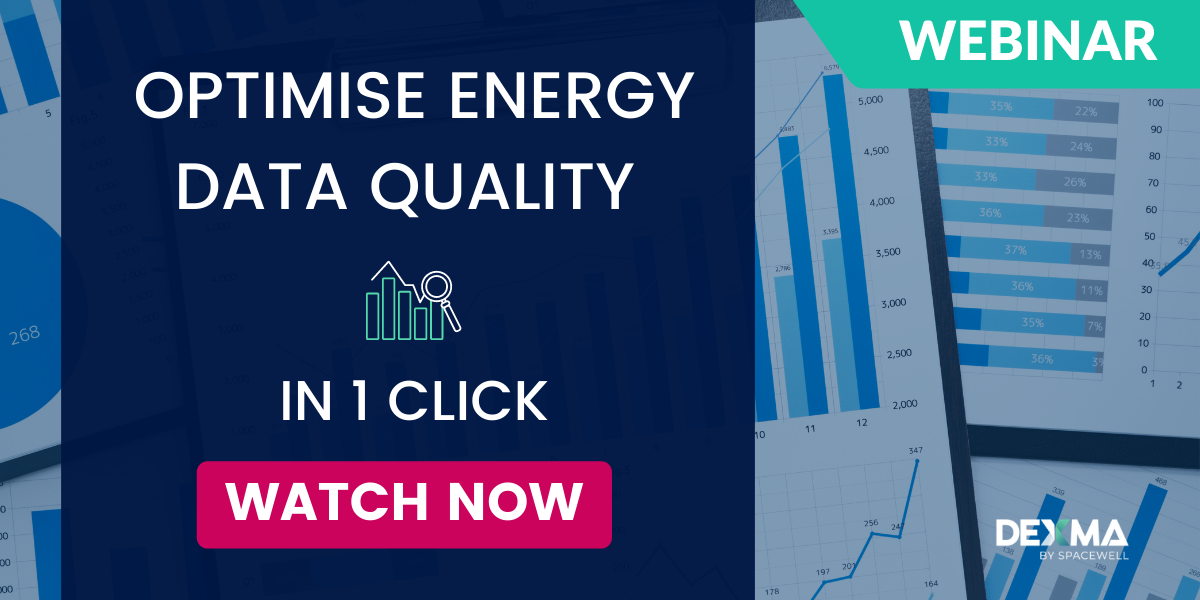Big Data and Data Science make up a set of technological strategies used to group and analyse large amounts of data from consumers and the electrical system. It helps detect customers’ consumption trends, their segmentation, and possible preferences to achieve better service and healthier profits.
Big Data and Data Science are growing trends in the energy sector. They will be an enormous aid to decision-making, internal strategy and business plan development and monitoring the results achieved through business metrics. Furthermore, they will catalyse greater efficiency in the provision of services for users, reducing support and customer service costs. It is an ideal tool to boost customer relationships through segmentation and service personalisation.
What Do We Know About Customers? Smart Meters, CRM Data, etc.
Giving customers the chance to choose a rate and/or service offering adapted to their needs and preferences makes the company more competitive on the market as compared to other traditional utility suppliers that do not adapt to their customers.
In this context, utilities must evolve and take steps that include the development of strategies that take into account the valuable potential of data.
With the installation of smart meters in buildings, all of the customers’ consumption data can be gathered and archived. Knowing these data and the construction characteristics of the buildings (year built, insulation or how much certain services such as HVAC, lighting, etc. consume), a more rational commercial proposal can be offered, more geared to the specific needs of the customer.
It is essential that energy sector companies begin to utilize this data to design more intelligent and effective commercial strategies, leading the customer to perceive the benefits of smart meters, and raising the efficiency of the system.
In this area, the data generated by the CRM (Customer Relationship Management) system of each company are also important. The CRM contributes relevant data, for example, on the company’s interactions with the customer, their preferences, when and how many times they have been contacted, why they were called and their status. Insights can be generated by linking the company’s CRM data to those of its ERP or the management system used to obtain thoroughly complete information. In this regard, parameters will be added that enables more personalised, optimised sales, and cross-selling will be reinforced.
This way, utility companies can be more flexible and effective when it comes to offering customers their products or services, as they will be more oriented to what they need and are searching for. In addition to that, they will be able to get more out of digitisation.
The quality of the data with which we work in the energy management sector is essential to make the most appropriate decisions.
How do I know if my energy data is of quality?
Can I optimise them and improve their quality?
We tell you how to check and optimise the Quality of your Energy Data in this WEBINAR.
How Can Active Data Management Help Customers In Their Energy Transition?
Smart meters offer bidirectional communication, reporting valuable metering and consumption data to the customer as well as the utility. This allows, on one hand, the company to send information of interest to the client (such as possible rates that best fit their needs, offers of solar installations, among others) that will allow maintaining a high degree of satisfaction of this by giving them access to information and documentation oriented to your interests. In addition, obtaining this information will encourage conscious and responsible consumption. In addition, it allows improving the decision making of the marketer by better orienting its strategies to what the client needs. This generates an added value for the client who will receive a more personalised and oriented towards what they really need.
On the other hand, analysing and using Big Data and Data Science allows more effective commercial and technical actions. And this is achieved thanks to IoT. The smart grid devices connect through the Internet and send valuable information collected from the services. Again, this allows marketers to meet the needs of customers immediately and can customize the service thanks to direct and easy access to their data.
It is clear that current society has become more conscious about the importance of taking care of the environment, and this can be seen in the fact that sustainability is now a crucial factor in the decision-making process across different industries. That is why we created a guide for utilities with guidelines on how to improve customer relationships and become the energy manager they need. Click here to download the free guide.




